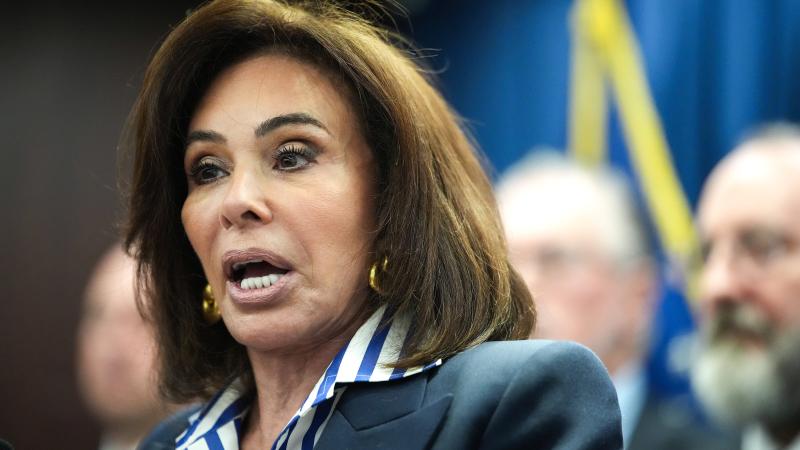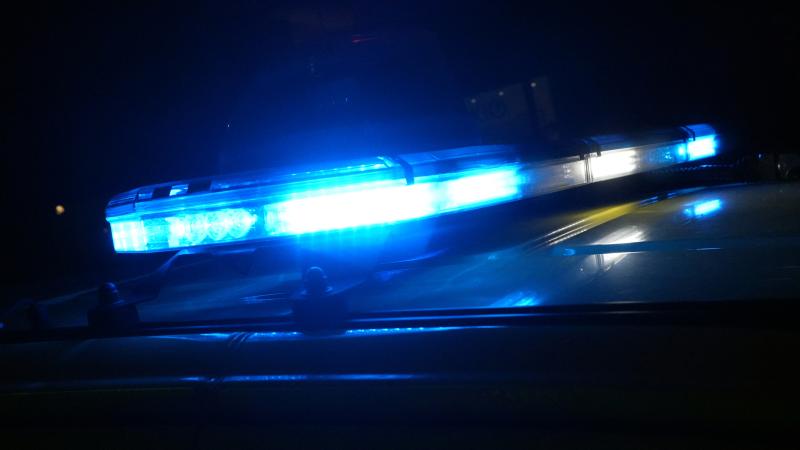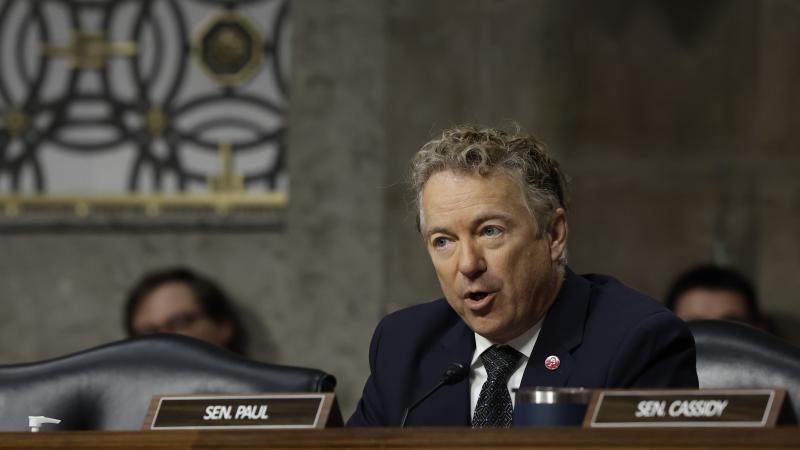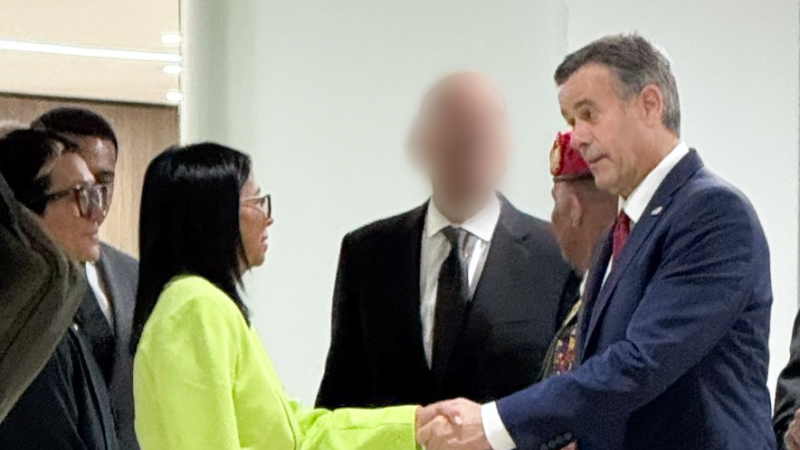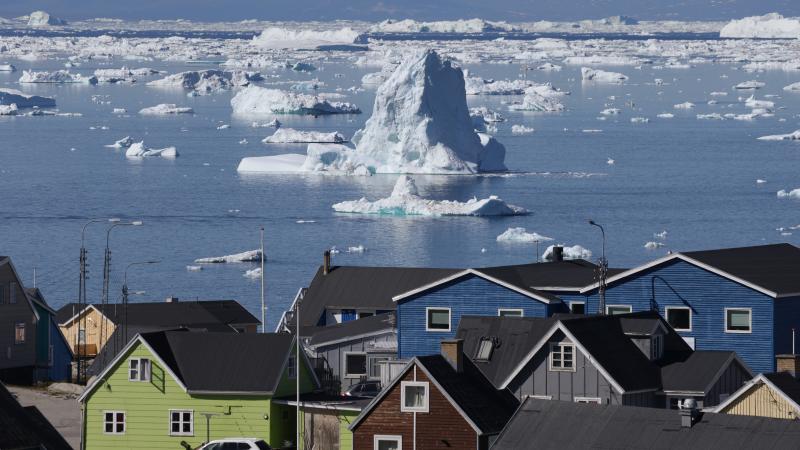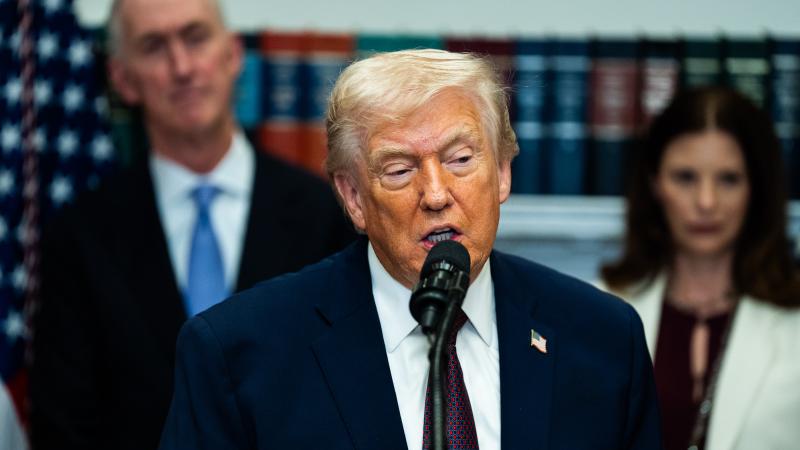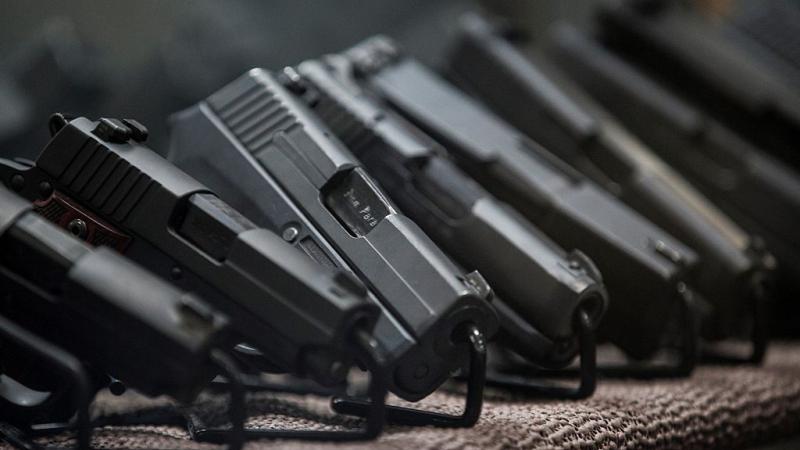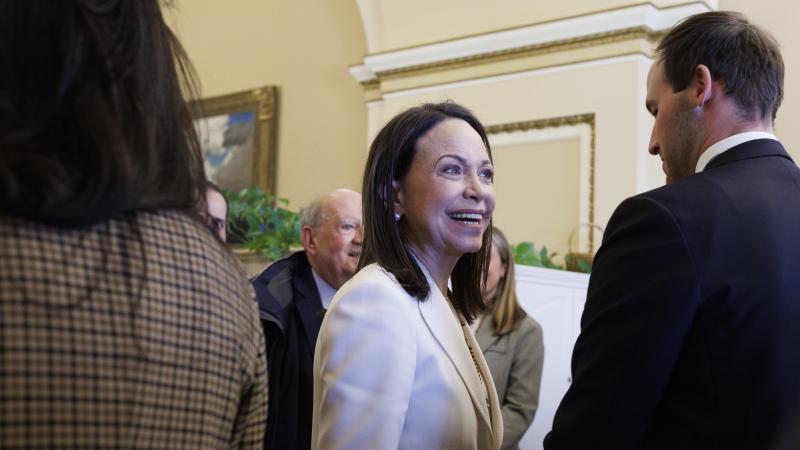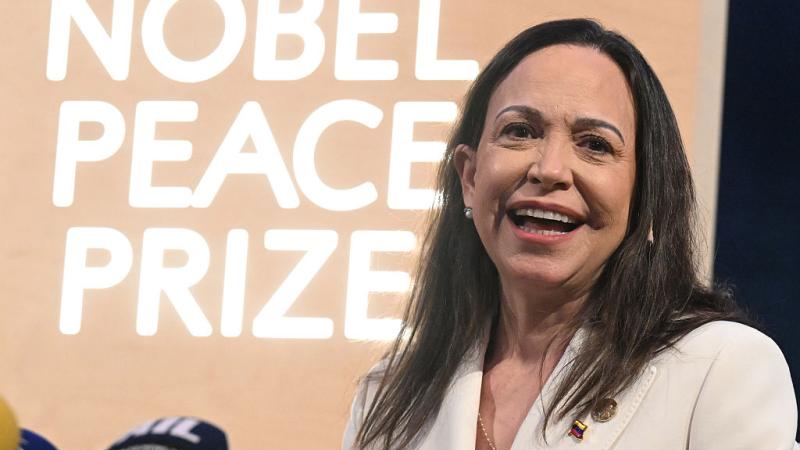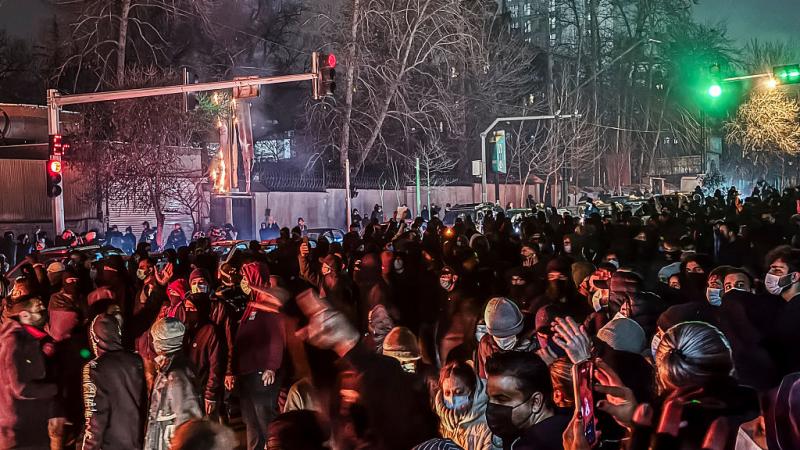Operation Pangea: How INTERPOL busted criminals in 90 countries cashing in on COVID-19
Global crackdown has targeted 37 criminal enterprises and resulted in 121 arrests so far.
While the pandemic brought the world to its knees, criminal enterprises began cashing in on the coronavirus by peddling dangerous pharmaceuticals and counterfeit medical supplies. The illicit trade prompted a global crackdown led by INTERPOL.
"Criminals will stop at nothing," INTERPOL Secretary General Jurgen Stock said. "The illicit trade in such counterfeit medical items during a public health crisis shows their total disregard for people's well-being, or their lives."
Through INTERPOL's coordinated efforts with law enforcement officials worldwide, 37 organized crime groups were targeted as 121 individuals were arrested in what was codenamed Operation Pangea XIII.
More than 34,000 counterfeit face masks, substandard hand sanitizers, coronavirus sprays, and unauthorized antiviral medications were seized by police, customs and health regulatory authorities across 90 countries.
An additional 37,000 counterfeit medical devices and self-testing HIV and glucose kits and various surgical instruments were found. And nearly 4.4 million units of "potentially dangerous pharmaceuticals" valued at more than $14 million were seized, INTERPOL said.
The suspect medicines included erectile dysfunction pills, anti-cancer medication, hypnotic and seizure agents, anabolic steroids, analgesics/painkillers, nervous system agents, dermatological agents, and vitamins.
INTERPOL has coordinated Operation Pangea investigations from Lyon, France since 2008. It is a very sophisticated international effort to disrupt the online sale of counterfeit and illicit health products. The latest version targeted COVID-19 fraud.
The investigations are modeled after human and weapons trafficking cases on the street and over the internet.
"By following the money trail and confiscating criminal assets, we can dismantle the criminal networks involved and safeguard public health," said Paul Stanfield, INTERPOL Director, Organized and Emerging Crime. "INTERPOL is committed to providing analytical and investigative support necessary to evolving needs of law enforcement."
Buyers may want to purchase cheaper medicines on unregulated websites, but there are risks involved.
Unauthorized and counterfeit medicines may contain the wrong amount of active ingredient or have altered expiration dates.
Operation Pangea investigations have found mercury, arsenic, rat poison, and cement in some fake medicines.
Over the last 12 years, Operation Pangea investigations have seized more than 105 million units of medicines, arrested more than 3,000 traffickers across 153 countries, and closed nearly 100,000 websites.
INTERPOL has offered guidelines to those who still buy medicines online:
- Buy your medicines from a regulated source and your prescriptions from authorized outlets;
- Do not buy medicines on social network pages or mobile device applications;
- Avoid a product or website if it looks questionable and promises "no risk" or if the price is suspiciously low or if your payment can only be made in cryptocurrencies.


